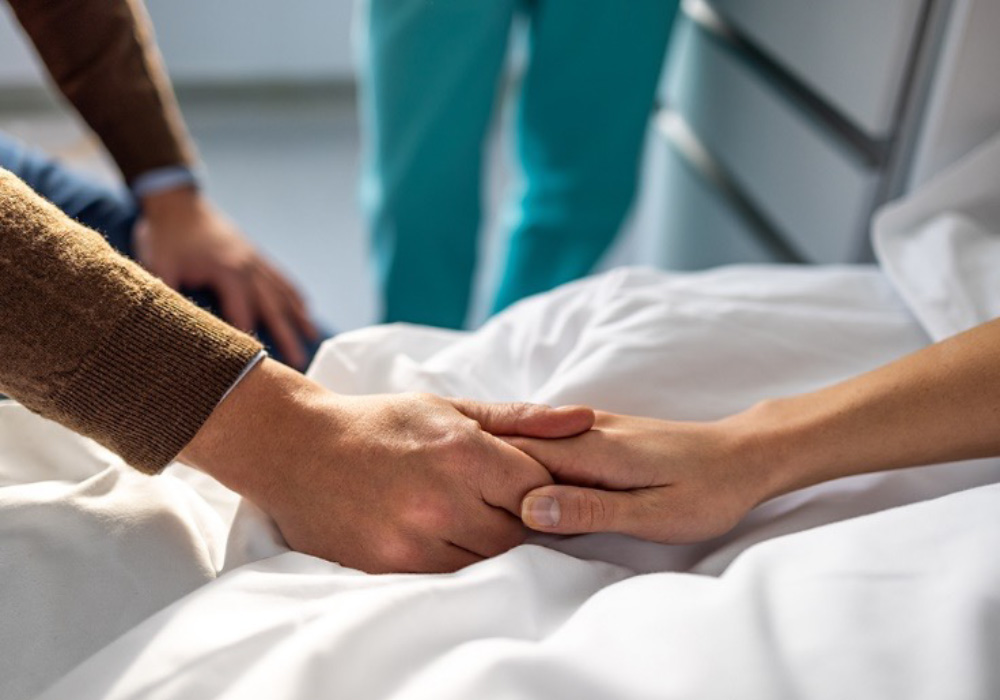By Heather Pruim, RN, BSN, OCN®, CBCN®
Storytelling, which has benefits for nurses’ own well-being as well as their relationship with their patients, creates a social connection that fosters a sense of community and mutual support in the storyteller and listener. Inspired by ONS’s annual storytelling session at ONS Congress®, the Midwest Region Oncology Nursing Grand Rounds at Advocate Health hosted a special oncology grand rounds on nurse storytelling. ONS’s 2023 storytelling theme was renewal, and following in suit, Advocate Health had a twofold goal for its storytelling grand rounds:
- Explore shared learning and meaning from oncology nursing experiences that foster community and social support.
- Recognize and celebrate oncology nurses and how they affect patients’ and families’ lives.
Here is the story I shared during Advocate Health’s storytelling grand rounds.
My Oncology Nursing Story
As a nurse navigator at Advocate South Suburban Hospital, I was following a patient with progressive, metastatic breast cancer who was admitted as an inpatient in hospice care. The patient was a nurse educator and was nearly finished with her last assignment to attain her master’s degree in nursing education.
Her oncologist called me to discuss how much our patient’s master’s degree meant to her and that she would mention how important her education was during every visit. He asked me, “Heather, what can we do to celebrate this?” I told him that we had to hold a graduation ceremony for her that day and that I would coordinate it with her family and our team. He enthusiastically supported my idea and said he would attend if he could make it in time.
I called my patient’s husband and presented the idea of the ceremony. He agreed, but he said that some paperwork still needed to be submitted for her graduation. I offered to take care of that so he could recruit family to attend the ceremony later that day.
The dean of the nursing program and I partnered to make it happen. Although the dean was concerned that lengthy process to finalize the degree might not be achieved the same day, with love and dedication to their student, the university rallied and sent the degree to me just in time for the ceremony. The dean also agreed to my request to virtually present her student’s official graduation degree while we gave the patient a copy in person.
With a room full of family and friends, hospital staff from several departments, hospice staff and chaplains, and her oncologist who made sure he returned from his clinic hours in time to attend the ceremony, the patient felt supported. After her graduation, we congratulated the patient and her family with a flower bouquet and celebrated her achievement with cake. That meaningful moment represented incredible collaboration among all hospital, hospice, and university services.
My patient died in hospice care seven days later. The dean honored her posthumously at the university’s graduation ceremony later that month.
For me, every single day holds important meaning in my nursing career. Every day I have an opportunity to help, support, teach, and guide patients, making a difference in their lives. This story, this moment, is one that I will never forget.






